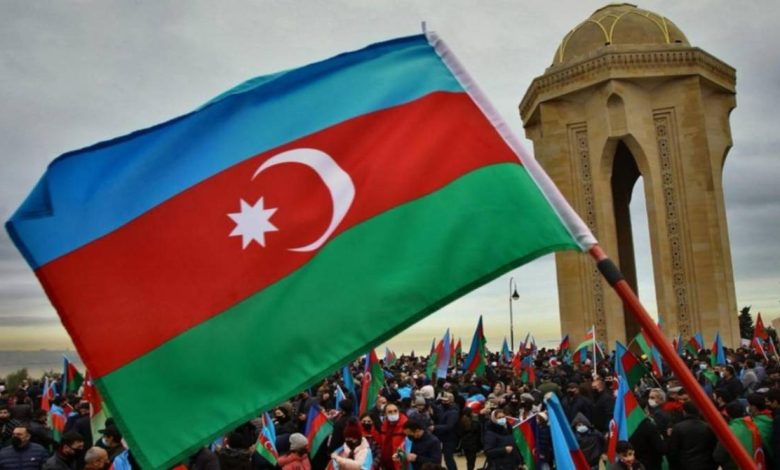
Jordan Daily – Azerbaijan on Wednesday marks the 107th anniversary of its independence, celebrating the founding of the Azerbaijan Democratic Republic (ADR) in 1918, the first secular democratic republic in the Muslim East.
Established on May 28, 1918, the ADR introduced universal suffrage, including for women, and laid the foundation for democratic institutions before falling to Soviet rule in 1920. Despite its short lifespan, the republic’s legacy remains a cornerstone of national identity, the Embassy of Azerbaijan said in a statement received by Jordan Daily.
Azerbaijan regained its independence in 1991 following the collapse of the Soviet Union. Early post-independence years were marked by political instability and the First Karabakh War, which led to the occupation of 20% of its territory.
The rise of Heydar Aliyev to power in 1993 proved pivotal. Aliyev restored political stability, strengthened state institutions, and positioned Azerbaijan as a key energy player with the 1994 “Contract of the Century.” His leadership laid the groundwork for long-term sovereignty and economic growth.
President Ilham Aliyev, elected in 2003, has built on that foundation, guiding Azerbaijan through a period of rapid development and increased global influence. A defining moment came in 2020, when Azerbaijani forces regained significant territories during the Second Karabakh War.
In September 2023, Azerbaijani forces conducted localized operations in the Karabakh region, fully restoring the country’s territorial integrity for the first time since 1991. The Azerbaijani flag now flies over all of its internationally recognized lands.
Azerbaijan also marked strong bilateral ties with Jordan, rooted in a 1994 meeting between President Heydar Aliyev the late King Hussein. Relations have expanded under President Ilham Aliyev and King Abdullah II, with cooperation spanning politics, defense, economy, and culture. Azerbaijan opened its embassy in Jordan in 2006, and both leaders have paid multiple official visits, the statement noted.
The two countries collaborate closely within international platforms such as the OIC, NAM, and the UN, reinforcing a strategic partnership based on mutual respect and shared values.
